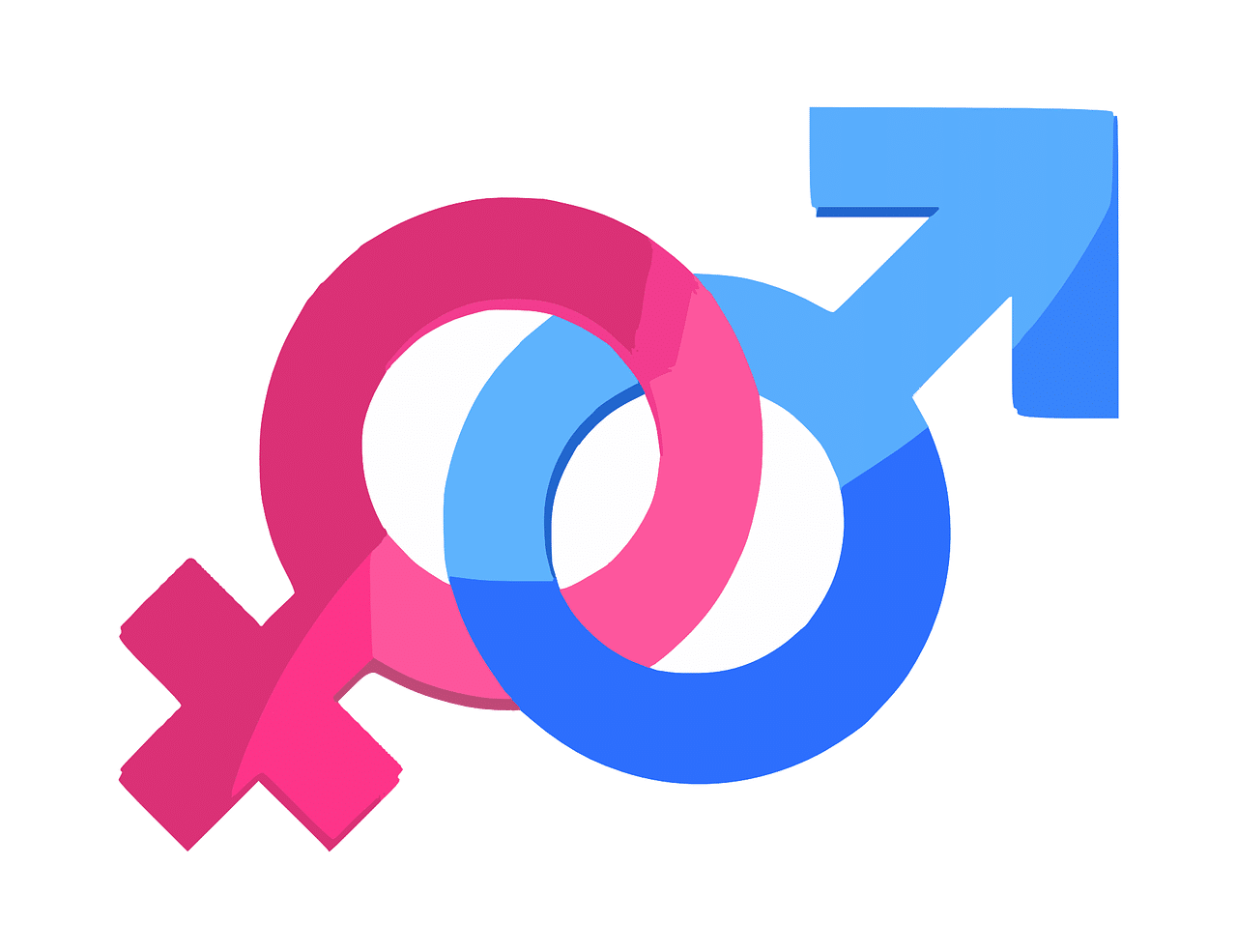
Sexual education provides tools to make informed decisions regarding intimacy and to know how to protect oneself and prevent sexually transmitted diseases and unwanted pregnancies, for example.
Sexual education is the name of the area or discipline of both teaching and learning about reproductive health and sexuality .
At least in Argentine territory, access to the so-called National Comprehensive Sexual Education Program ( ESI ) is conceived as a right of educators, students and the community in general, an initiative supported by a law that guarantees that students of each of the educational levels, whether from public or private institutions, are instructed in sexual education from a global perspective, that is, taking into account affective, psychological, ethical, social and biological issues.
Taught with responsibility , respect and sensitivity , sexual education becomes an indispensable tool so that, from a very early age, people learn to know and take care of their body; to recognize sensations, emotions and own needs; to explore intimate enjoyment and to live their intimacy safely and freely. With clear information, containment and counseling, care and health resources at their disposal, human beings achieve awareness and commitment when initiating their sexual activity , choosing how, when, where and with whom to have sexual relations safely and minimizing the risk of For example, an unwanted pregnancy .
Sexual education at school and at home
Sexual education must be present both at school and at home . Teachers and academic staff trusted by students have to provide guidelines for care both individually and towards the body of others and add complexity to the data provided depending on the maturity and stage that the subject receiving the information is going through. It is necessary and constructive to educate from objectivity , supported by science and being prudent with the contents.
Simultaneously, the family must transmit knowledge and instill positive values in order to accompany the growth of each individual. Emotional and sexual education is essential for the personal development of social skills and to naturalize topics related to sexuality .
In every family, an environment of trust and freedom must be built in which there is no censorship or fear when asking questions, raising doubts, confessing an experience or narrating a reality that belongs to privacy .
It is advisable, always with appropriate language and without exceeding the messages to be transmitted, to banish myths or mistaken beliefs regarding human sexuality , sexual and reproductive health , etc. The education of children in relation to these matters must be based on empathy , tolerance , love , respect , health and care . At the same time, there must be limits that indicate the appropriate path to advance through life without harming anyone and without violating any rights.
In the right places and in the right circumstances, gender identity , sexual orientation and reproductive rights increasingly need to be talked about. In every community, we must continue working to break down gender stereotypes and condemn all acts of sexual violence . It is not enough to distribute contraceptives to those going through adolescence or to organize awareness talks aimed at lowering the rates of sexually transmitted diseases (STDs) or abortions .
It is vital that the State , security forces and Justice act quickly and severely in the face of complaints of violence and discrimination based on sexual orientation , cyberbullying , sexual assault , any action that violates sexual integrity , possession and/or distribution of pornography children , etc.

The condom is a great ally of safe sex since, although it may sometimes fail, it serves to minimize the risk of transmitting sexually transmitted diseases and achieving pregnancy.
Biological aspects of sexuality
Beyond instructing society on what to do to prevent pregnancy and the contagion or transmission of HIV/AIDS, emphasis must be placed on teaching the biological aspects of sexuality .
Throughout life, information about sexual anatomy , particularities of the reproductive system, both female and male, everything that happens during puberty , the characteristics of the menstrual cycle , what and how andropause is and the distinctive features of the menopause .
Nor should we leave in the background or overlook topics that, given certain views, beliefs, personalities or lifestyles, may be uncomfortable. This is generally the case with topics linked to self-satisfaction , sexual exploration , masturbation and sexual practices in the elderly.

When you have the desire to expand your family, the most common option is to seek pregnancy taking into account the woman's fertile days. In the face of frustrated attempts and delays in achieving the goal, consultation with health professionals is key to knowing if you suffer from infertility and, if so, what and how the most appropriate treatments are to achieve pregnancy.
Inclusive sex education
Sexual education , to be constructive and useful, must have a respectful and inclusive character.
Individual decisions, physical or mental limitations, or private choices should not condition the work of educators and health professionals who are responsible for instructing about sexuality and clearing up doubts about it.
It is valid and accurate to advise on family planning , suggest couples try the benefits of sexual therapy to regain enjoyment of intimacy and indicate the pros and cons of methods such as the intrauterine device (IUD) , the contraceptive pill and the condom , but under no circumstances is it acceptable to restrict information and/or attention based on social class, sexual orientation, age, etc. Inclusive education , whatever the content to be transmitted, must always encompass each citizen: for this, strategies must be implemented, investments made and resources allocated that enable access, arrival, to all human beings.
